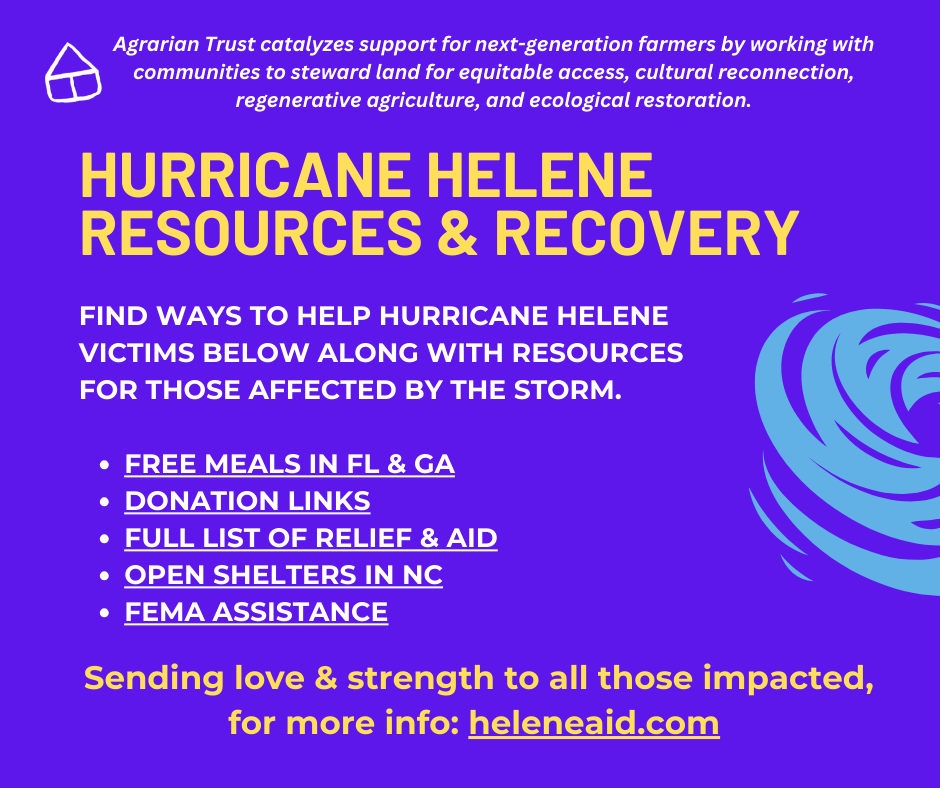On the weekend of April 4th- 6th, I was lucky enough to have attended The New Farmers Summit hosted by the Midwest Organic and Sustainable Education Services (MOSES). The diversity of people in attendance was truly astonishing. From teenagers to veterans of the farming community, we all came together to learn, discuss and network. Many of the discussions seemed to focus around one major issue: land. You can’t farm without it, and often times, you can’t farm with it due to the burden of your mortgage and land taxes.
These days, agricultural subsidies have taken over the industry and you either become “one of the big guys” or you’re still “a nobody” in the corporate world. So who owns this land, and how do we get it into the hands of us small farmers? Age seemed to play a major role in people’s answers to this question: with a little snicker, you could always hear many of the young farmers whispering, “start a revolution”, implying that we take the land back for ourselves. Being a young farmer myself, this initiative is not new to me. I’ve participated in many scheming conversations similar to these, often wondering to myself, “What if I put up a garden plot on that unused piece of land? Who’s going to stop me?” I understand their motives and frustrations; I know what it is like to not have any land. Then, I heard a different perspective, one that is much more foreign to me.
A woman stood up and said, “I feel defensive. No one should be able to take my land.” When she said this, it had never occurred to me that older farmers would assume we would “take” their land. After she made this statement there were other older farmers who agreed with her; they too felt offended. They all agreed that no one should have the right to just go and take land and it wasn’t anything they would support. The room was aroused with conflicting energy and it occurred to me, we had sparked a contention within our own community.
Speaking for myself, and other young farmers, I would like to assure our elders we have no intention of taking their land. What is important to recognize though is the land crisis that disrupted the United States in 2008. Low interest rates, easy available credit, scant regulation, and toxic mortgages had all collapsed upon our economy. At the end of 2008, nearly 2.5% of all home mortgages were being foreclosed. With a population of 317 million people that means 8 to 13 million families are foreclosing or have been foreclosed upon. According to the U.S. Census Bureau, due to the housing market crash there are over 14 million vacant lots. These lots are all either REO (real estate-owned) or bank-owned.
To many young farmers, that sounds like a lot of abandoned land looking to be restored, and that is what’s fueling talk of a “revolution”. Vandana Shiva is a well-known Indian environmental activist and anti-globalization author. She believes that “small is big, ecologically, economically, and politically.” The division between young and old in a community that is already scarce is something we can’t afford. There will be no divide and conquer. As a small community we all believe in healthy food for all, and with that ideology we can do big things together.
How can we solve this land access issue? As I got to talk with my other young farmer friends, we decided to come up with a hypothetical solution. First and foremost we believe that foreclosed land shouldn’t just sit. If a property has been on the market for 5 years the value should decrease by 5%, after 10 years, another 5% etc. Now, say a bank owned a property you were interested in, it’s been on the market for 3 years and no one has shown any interest in the property. What if you were able to lease that land? You could move in, farm, and treat it as your own. While property the land would still be for sale. After your 4th year of farming someone wants to buy the land, but you’re in the middle of a season and you can’t just leave your crop. What would you do?
The bank would allow you to finish the season. Then, they would give you the option to either sign a lease with the intent to own or, you’d allow the other person to buy the property. If you decided to leave the land you’d receive all but 25% of your money back that you paid the bank to lease for the 4 years you were there.
In this model there are definitely some things that aren’t ideal for farmers. If you plant your asparagus and fruit trees you’d have to be willing to leave, but that would be the trade off.

“Revitalizing Foreclosed Properties with Land Banks.” Revitalizing Foreclosed Properties with Land Banks. U.S. Department of Housing and Urban Development Office of Policy Development and Research, 1 Aug. 2009. Web. 1 Apr. 2014. http://www.huduser.org/publications/PDF/landbanks.pdf.
Wheelock, David C.. “Changing the Rules: State Mortgage Foreclosure Moratoria During the Great Depression.” Changing the Rules: State Mortgage Foreclosure Moratoria During the Great Depression. Federal Reserve Bank of St. Louis, 1 Nov. 2008. Web. 1 Apr. 2014. https://research.stlouisfed.org/publications/review/08/11/Wheelock.pdf.





